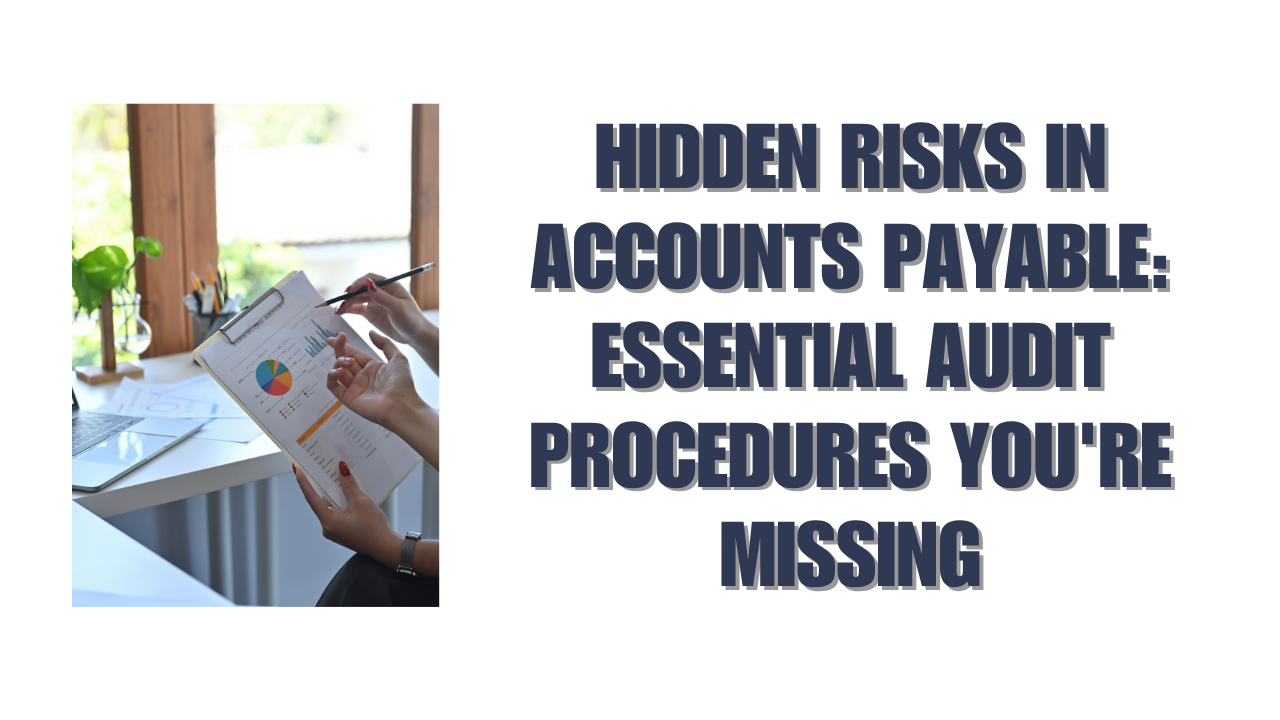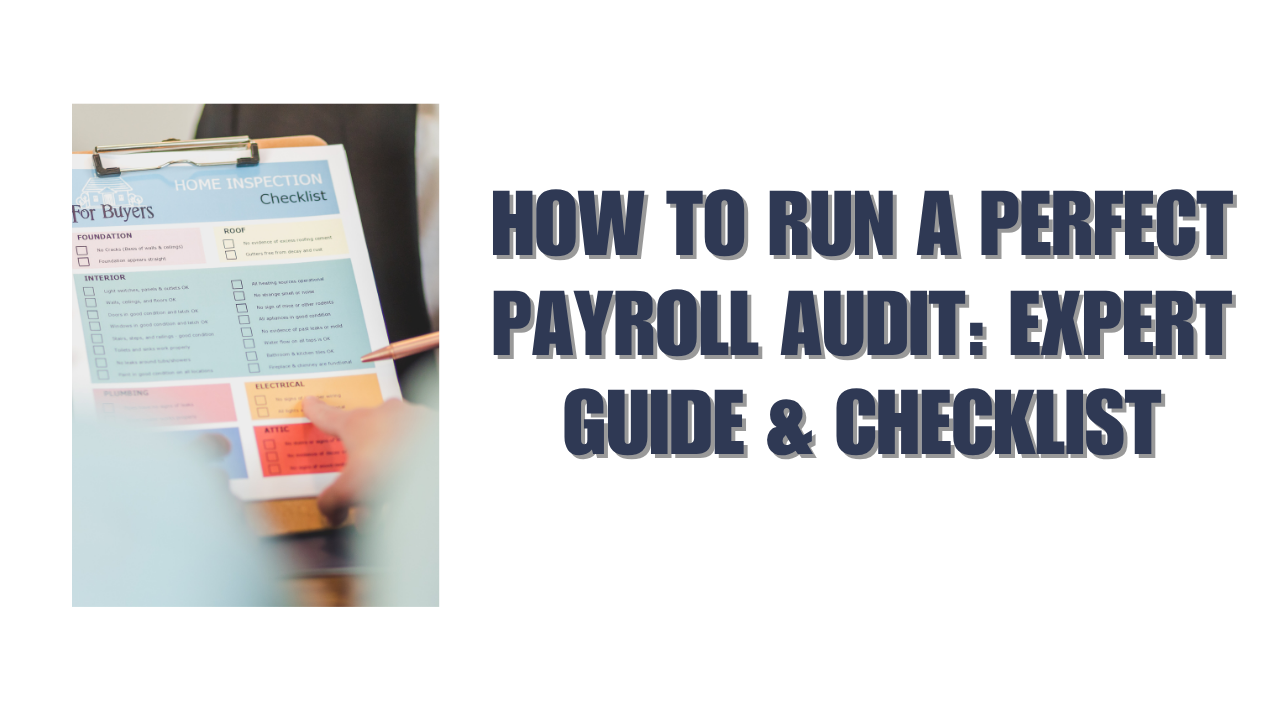Overview
- The Evolving Landscape of Accounting in New Zealand
- Technological Advancements Transforming the Accounting Profession
- The Rise of Artificial Intelligence and Automation in Accounting
- Changing Regulatory Environment and its Impact on Accounting Practices
- Sustainability and Environmental Reporting: The Accounting Perspective
- Upskilling and Reskilling: Equipping Accountants for the Future
- Embracing Data Analytics and Business Intelligence in Accounting
- The Shift Towards Advisory and Consultative Roles for Accountants
- Emerging Trends and Predictions for the Future of Accounting in New Zealand
- FAQs
Key Takeaways
- Accounting in New Zealand is evolving rapidly due to technological advancements and changing regulatory environments.
- Artificial intelligence and automation are transforming the accounting profession, leading to increased efficiency and accuracy.
- Sustainability and environmental reporting are becoming increasingly important for accountants, as businesses focus on their impact on the environment.
- Upskilling and reskilling are crucial for accountants to stay relevant in the future, as data analytics and business intelligence become more important in accounting.
- The shift towards advisory and consultative roles for accountants is expected to continue, as businesses seek more strategic guidance from their accounting professionals.
The Evolving Landscape of Accounting in New Zealand
The accounting profession in New Zealand has undergone significant changes in recent years, driven by various economic, technological, and regulatory factors. As the business landscape evolves, the role of accountants is also transforming, requiring them to adapt and embrace new skills and strategies to remain relevant and competitive.
The changing dynamics of the New Zealand market, such as the rise of small and medium-sized enterprises (SMEs), the increasing globalization of businesses, and the growing emphasis on sustainability, have all contributed to the shifting landscape of accounting. Accountants must now navigate a more complex and diverse set of challenges, requiring them to expand their expertise beyond traditional financial reporting and compliance.
Technological Advancements Transforming the Accounting Profession
The accounting profession in New Zealand is being profoundly impacted by the rapid advancements in technology. From cloud-based accounting software to blockchain-enabled financial transactions, the industry is experiencing a digital transformation that is reshaping the way accountants work and interact with their clients.
The integration of technology has not only streamlined traditional accounting tasks but has also opened up new opportunities for accountants to provide more value-added services. Accountants must now possess a strong understanding of emerging technologies and be able to leverage them to enhance their efficiency, accuracy, and client service.
The Rise of Artificial Intelligence and Automation in Accounting
One of the most significant technological developments in the accounting industry is the increasing adoption of artificial intelligence (AI) and automation. These technologies are revolutionizing the way accountants perform tasks, from data entry and analysis to auditing and forecasting.
The integration of AI and automation in accounting has the potential to significantly improve efficiency, reduce errors, and free up accountants to focus on more strategic and advisory roles. However, the adoption of these technologies also raises questions about the future of traditional accounting roles and the need for accountants to upskill and adapt to the changing landscape.
Changing Regulatory Environment and its Impact on Accounting Practices
| Trend/Prediction | Description |
|---|---|
| Automation | Increased use of AI and machine learning to automate repetitive tasks such as data entry and reconciliation. |
| Cloud Accounting | More businesses will move towards cloud-based accounting software for its flexibility, accessibility, and cost-effectiveness. |
| Data Analytics | Accountants will increasingly use data analytics to provide insights and recommendations to clients, helping them make better business decisions. |
| Virtual CFO Services | More businesses will opt for virtual CFO services, allowing them to access expert financial advice without the cost of hiring a full-time CFO. |
| Regulatory Compliance | Accountants will need to stay up-to-date with changing regulations and compliance requirements, particularly in areas such as tax and financial reporting. |
The accounting profession in New Zealand is heavily influenced by the regulatory environment, which is constantly evolving to address new challenges and ensure the integrity of financial reporting. Accountants must stay informed about the latest regulatory changes and be prepared to adapt their practices accordingly.
The implementation of new accounting standards, such as the International Financial Reporting Standards (IFRS), and the increasing focus on corporate governance and risk management, have all had a significant impact on the way accountants operate. Navigating this changing regulatory landscape requires accountants to develop a deeper understanding of compliance requirements and to collaborate closely with regulatory bodies and industry associations.
Sustainability and Environmental Reporting: The Accounting Perspective
As sustainability and environmental concerns become increasingly important in the business world, the accounting profession in New Zealand is being called upon to play a crucial role in measuring, reporting, and communicating the environmental impact of organizations.
Accountants are now expected to possess expertise in areas such as carbon accounting, environmental impact assessments, and integrated reporting. This shift towards sustainability-focused accounting is not only a response to regulatory requirements but also a reflection of the growing demand from stakeholders for more transparent and comprehensive financial and non-financial reporting.
Upskilling and Reskilling: Equipping Accountants for the Future
To keep pace with the rapidly evolving accounting landscape, New Zealand’s accountants must continuously upskill and reskill themselves. This involves acquiring new technical skills, such as data analytics and digital technologies, as well as developing soft skills like strategic thinking, communication, and adaptability.
Accounting firms and professional bodies in New Zealand are increasingly recognizing the importance of providing ongoing training and development opportunities for their employees. By investing in the continuous learning and growth of their accountants, these organizations can ensure that their workforce is equipped to navigate the challenges and opportunities of the future.
Embracing Data Analytics and Business Intelligence in Accounting
The rise of big data and advanced analytics has had a profound impact on the accounting profession in New Zealand. Accountants are now expected to possess the skills to collect, analyze, and interpret large datasets to provide valuable insights that drive business decision-making.
The integration of data analytics and business intelligence tools into accounting practices has enabled accountants to move beyond traditional financial reporting and to take on a more strategic advisory role. By leveraging data-driven insights, accountants can help their clients make more informed decisions, identify new opportunities, and mitigate risks.
The Shift Towards Advisory and Consultative Roles for Accountants
As the accounting profession in New Zealand evolves, there is a growing emphasis on the need for accountants to transition from traditional compliance-focused roles to more advisory and consultative positions. This shift is driven by the increasing complexity of the business environment and the growing demand for strategic financial guidance.
Accountants who can effectively combine their technical expertise with strong business acumen and communication skills are well-positioned to thrive in this new advisory landscape. By providing value-added services, such as strategic planning, risk management, and financial optimization, accountants can position themselves as trusted advisors to their clients.
Emerging Trends and Predictions for the Future of Accounting in New Zealand
As the accounting profession in New Zealand continues to evolve, several emerging trends and predictions are shaping the future of the industry. These include the increasing integration of blockchain technology, the growing importance of sustainability and environmental reporting, and the continued rise of remote and flexible work arrangements.
Accountants in New Zealand must be prepared to adapt to these emerging trends and be proactive in developing the necessary skills and strategies to remain competitive. By embracing change and innovation, the accounting profession can continue to play a vital role in supporting the growth and success of businesses in New Zealand.
FAQs
What is the current state of accounting in New Zealand?
Accounting is a thriving industry in New Zealand, with a significant number of businesses and individuals relying on the services of accountants to manage their finances.
What are some of the trends in accounting that are emerging in New Zealand?
Some of the trends in accounting that are emerging in New Zealand include the increased use of cloud-based accounting software, the adoption of automation and artificial intelligence, and the growing importance of data analytics.
How is technology changing the accounting industry in New Zealand?
Technology is having a significant impact on the accounting industry in New Zealand, with the adoption of cloud-based accounting software and automation tools allowing accountants to work more efficiently and effectively.
What skills will be important for accountants in the future?
In the future, accountants will need to have strong technical skills in areas such as data analytics and automation, as well as excellent communication and problem-solving skills.
What impact will changing demographics have on the accounting industry in New Zealand?
Changing demographics, such as an aging population and increasing diversity, are likely to have an impact on the accounting industry in New Zealand, with accountants needing to adapt to the changing needs of their clients.
What role will sustainability play in the future of accounting in New Zealand?
Sustainability is likely to become an increasingly important consideration for accountants in New Zealand, with businesses and individuals looking to manage their finances in a way that is environmentally and socially responsible.






